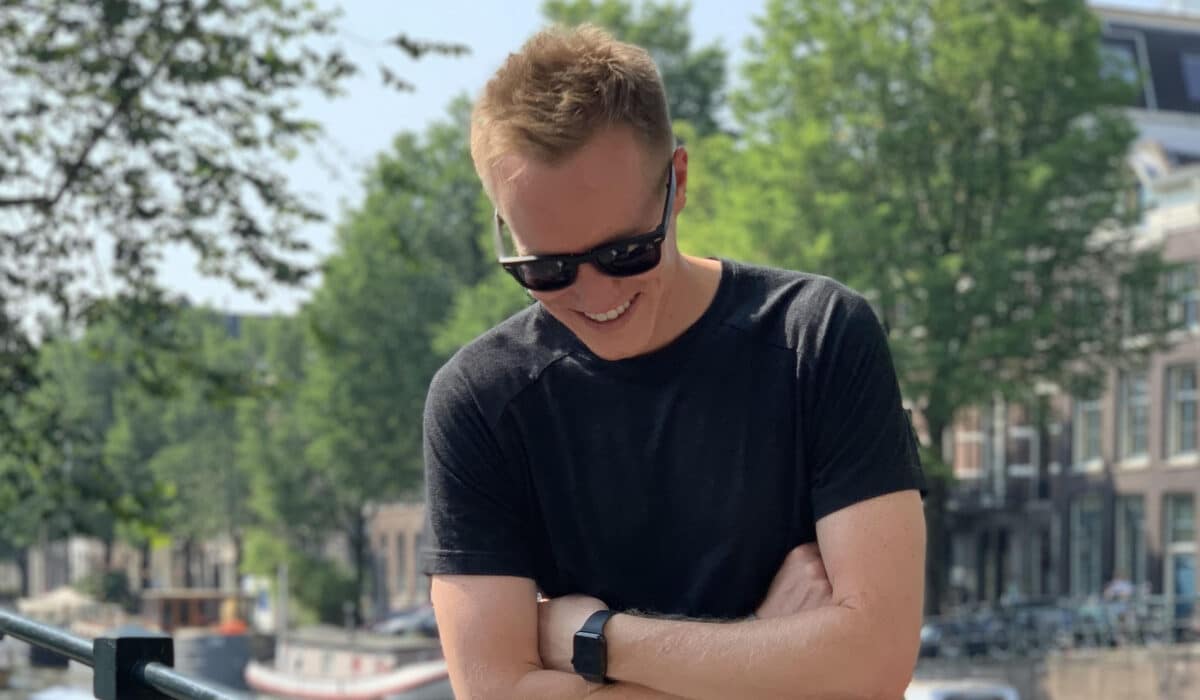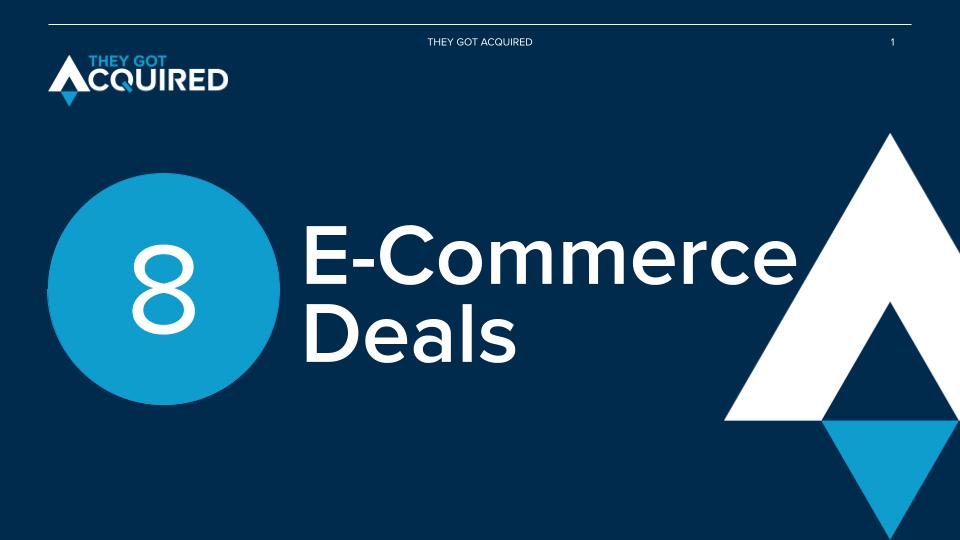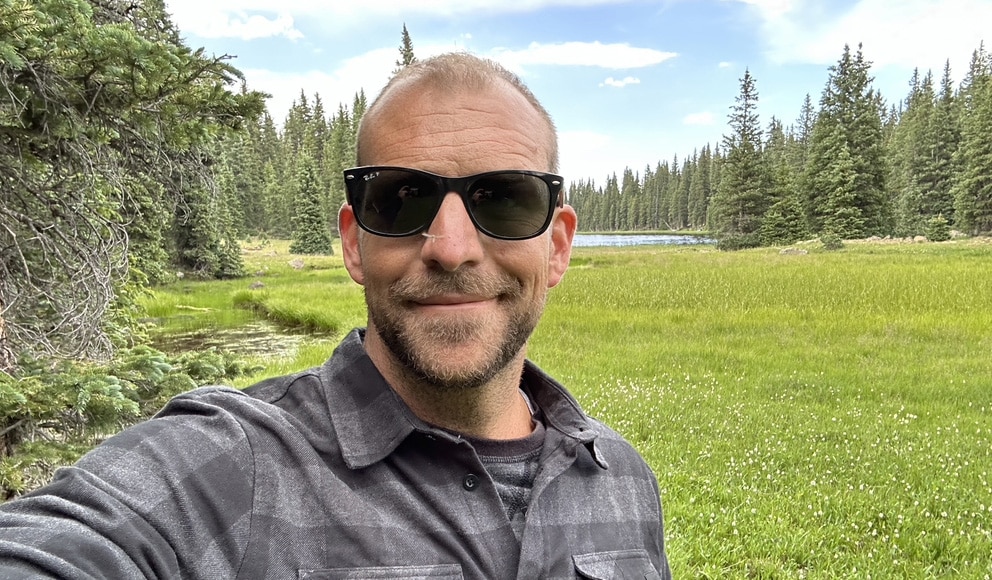Shea Beck long had a passion for online business. He’d dabbled with t-shirt businesses and blogs, leaning on his background in e-commerce and marketing.
But it wasn’t until 2016, when he launched Foldies — a DTC (direct-to-consumer) brand of folding sunglasses — that he created a truly memorable brand.
Beck’s idea was born from frustration with the sunglasses industry. He loved folding sunglasses, but Ray-Ban, the most accessible brand, was too pricey for his liking. Beck was confident he could deliver a high-quality model at a lower price point. So he started small with a single style to test the market.
The design process was lengthy. Beck connected with 10 sunglasses manufacturers, who sent back computer-generated designs. The ones that met his vision moved to 3D printed samples. After narrowing it down to three manufacturers based on quality, price and communication efficiency, he launched his first iteration, the “Classics.”
Beck was able to sell them instantly via Facebook Ads and Google Adwords at a profitable margin, hitting $20,000 in sales after the first five months. The positive response on that first model convinced him to invest in more styles.
He worked with the factories to design new models, which he shipped to either his apartment before selling direct to consumers through his website or an Amazon FBA. FBA, or Fulfillment By Amazon, is a service that helps sellers outsource storage, shipping and customer service to Amazon. The rest of his inventory remained at the factory in China until he needed to replenish his supply. As the business grew, he shipped the units to a small facility and stored everything there.
None of this came cheap. Beck invested about $100,000 of his own money into the business before he turned a profit, which included a $20,000 loan from his then-girlfriend (now wife). And the profit didn’t arrive immediately; he built the company as a side hustle alongside his full-time job for the first three years before it began providing a regular, small-but-growing, paycheck.
Once he was confident the income would remain steady, Beck went all in, full time, on Foldies. With the extra time to devote to the brand, sales soared. In the last two years of operation, Foldies made $1 million in gross income, Beck said. Over the lifetime of the company, he’d sold about 21,000 pairs of sunglasses.
Unfolding the process of selling Foldies
The success didn’t go unnoticed, with Foldies gaining press in Mashable and Daily Beast. And soon, offers from Amazon aggregators, companies that acquire FBA businesses, began hitting his inbox. “I wasn’t interested in selling the business until the Amazon aggregators started reaching out,” he said. “After speaking with a few of them, my mind started wondering what I could do with the capital.”
That’s when Beck engaged a broker to help him exit the business and maximize the sale price.
Beck was still a solo founder at this stage with no employees, so all the decision-making was in his hands. He found himself caught between conflicting goals, which was stressful. “I always had two mind-tracks going. If I sell, I’m able to do something else,” he said. “If I don’t sell, I can grow this thing even bigger.” It meant Beck continued to expand the business while also navigating the potential sale, answering calls and providing information and data to the brokerage firm.
In December 2021, he sold Foldies for a mid-6-figure sum. While the buyer was undisclosed, he said he was happy to sell to a private party that was not an aggregator.
So what’s next for Beck? Rather than sit back on the beach with folding sunglasses on and a cocktail in hand, he’s using the sale proceeds to create new brands. This summer, he’s starting with an eco-friendly swimwear company and, not to typecast himself as a sunny weather entrepreneur, a rain protection company.
To those looking to replicate his success, Beck believes his decision to keep the business lean was the most significant factor.
“Trim all the fat you can while maintaining an upward trajectory on profit,” he said. “Your multiple will be more tied to profit than most stories lead you to believe.”



